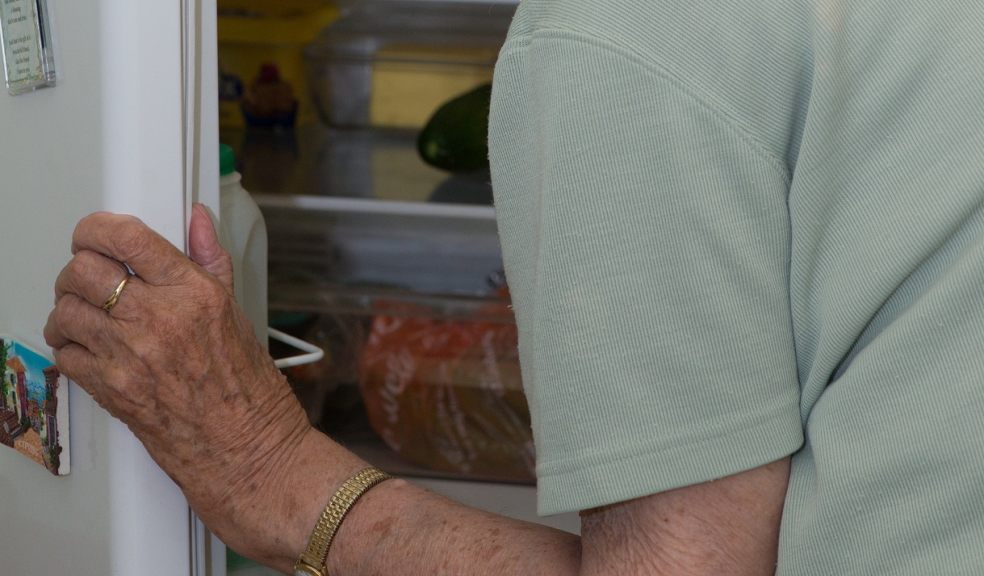
Guardian Homecare asks Devon firms to take on staff with dementia
A LEADING care provider in south Devon is asking companies to think about employing people with early onset dementia or to keep those on who may have received a diagnosis (October 2019).
With some not unreasonable adjustments, Guardian Homecare says it’s possible for people with the condition to work and they shouldn’t leave employment immediately if they aren’t ready to do so.
Catherine Porter, who is a Manager at Guardian Homecare, which provides care in the Exeter area, said: “Following the recent Channel 4 programme ‘The Restaurant That Makes Mistakes’, it’s clear those with an early diagnosis of dementia can still work and are employable.
“The documentary was all about a batch of volunteers with different forms of early onset dementia. The group was trained to run and staff a restaurant, and it was a highly motivating, successful and positive experience for nearly all of them. In one episode, a volunteer became distressed as she couldn’t find her locker as they all looked the same. Photos of each person were then put on their dedicated locker by another team member in order to help and reduce that individual’s stress. It’s small adjustments like this that can really assist and support someone in the workplace.
“There are 850,000 people living with dementia in the UK and 40,000 of those are under the age of 65, according to the Alzheimer’s Society. At the moment, 18% of people diagnosed with dementia under the age of 65 carry on working after their diagnosis.
“We want to inspire and ask companies to give those with dementia a chance to participate in the working world. They shouldn’t be cast aside because of their diagnosis. In our experience, many people with dementia are capable of work and allowing them to carry out tasks makes them feel much more valued and boosts their confidence.”
From a survey of employers in The Alzheimer’s Society’s ‘Creating a Dementia-friendly Workplace Guide’, 89% of those that responded recognised dementia was a growing concern for their organisation.
“There are simple things that employers can do such as more flexible working hours and arrangements, allowing the person to work in a quieter area or adding signs and labels to things to help guide them.”
A survey of 888 HR decision makers in small, medium and large businesses carried out by the Centre of Economics and Business Research found one in 10 had employed someone living with dementia.
“Anything that supports the person with dementia in your workplace is a good thing and we feel this can be achieved without too much effort. As time passes, it not only good for the employee, but also the business. People appreciate working for a more inclusive employer and this breeds staff loyalty.”
Guardian Homecare delivers personalised home care supporting people, including those with dementia, wishing to stay living safely and comfortably in their own homes in south Devon.
“We employ a team of carers, who have specialist dementia training and all work tirelessly in their roles to provide care for service users in the community. Being a carer is a highly skilled, professional vocational occupation that is essential to the fabric of our society. With a job for life like this, people can start at the very bottom and work their way up and we will offer them full training and access to industry-leading qualifications.”
Guardian Homecare employs nearly 200 domiciliary carers in south Devon to look after its service users in their own homes and it is currently searching for 100 new honest and kind-hearted individuals to help add to its teams.
“No experience is necessary to become a carer, as free, full training is provided. We offer new recruits a five-day training induction and a 12-week on-board programme working towards a care certificate. We also offer flexible working hours, both full and part-time, as well as competitive wages and generous holiday allocation.”
Guardian Homecare offers training and the opportunity for internal advancement. Anyone who joins the team can create a career path using the different qualifications they achieve.
“It is a great opportunity for people to achieve a recognised qualification and they’ll also be able to have access to exclusive discounts online and in-store from retailers including Tesco, Primark and Argos.”
New recruits are given free uniforms, access to national staff discount scheme for many major brands, as well as 28 days paid holiday, paid travel between calls and paid mileage.
For further details, please visit www.guardianhomecare.org.uk.













